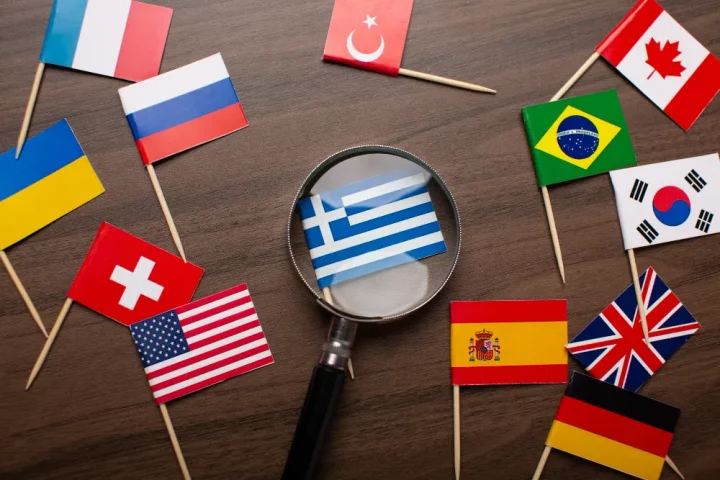Unlike some other countries that restrict citizens to holding only one citizenship, Italy takes a more flexible stance. Article 11 of the Italian Law of February 5th, 1992, No. 91, outlines the rules regarding dual citizenship:
“The citizen who owns, obtains, or re-obtains a foreign citizenship retains the Italian one, but he or she can renounce it if residing or establishing residency abroad.”
Key Points
Retaining Italian Citizenship:
If you acquire another citizenship (foreign citizenship), you can still keep your Italian citizenship intact. Italy recognizes dual citizenship, allowing individuals to hold both their original citizenship and Italian citizenship simultaneously.
No Mandatory Renunciation:
Applicants seeking Italian citizenship do not need to give up their original citizenship during the process. This flexibility is especially beneficial for those who want to maintain strong ties to both countries.
Voluntary Renunciation:
While not mandatory, some Italians may choose to formally renounce their citizenship rights for personal reasons or specific circumstances.
Dual Citizens and A.I.R.E.:
Dual citizens who are enrolled in the Registry of Italians living abroad (AIRE) have the option to renounce their Italian citizenship. To do so, they submit a formal declaration to the Italian Consulate.
Take advantage of specialized assistance to secure your passport for a borderless future.
The benefits of italian citizenship
Dual citizenship offers numerous practical benefits to individuals, especially those with ties to Italy and another country:
Ease of Travel:
Dual citizens can travel between Italy and their other country of citizenship without needing visas or facing immigration restrictions. This facilitates easier tourism, business trips, and family visits.
Social Benefits:
Dual citizens may access social services and benefits in both countries, including healthcare, education, and social security systems.
Work and Study Opportunities:
Dual citizenship eliminates work permit requirements in both countries, opening up employment and educational opportunities without the need for visas or residence permits.
Cultural Connection:
Holding dual citizenship allows individuals to maintain a strong cultural connection to both Italy and their other country, fostering a deeper sense of identity and belonging.
Italian citizenship through the globalized world
Italy’s stance on dual citizenship is relatively open compared to many countries.
While some countries strictly prohibit dual citizenship, Italy takes a more permissive approach. Countries like Germany and Japan often require individuals to renounce their original citizenship upon acquiring another, whereas Italy allows dual citizenship without mandatory renunciation.
Globally, there is a growing trend towards more countries allowing dual citizenship as globalization increases. This trend reflects a recognition of individuals’ diverse national and cultural identities.
Italy’s flexible policy on dual citizenship aligns with broader global trends towards interconnectedness and mobility. It acknowledges the benefits of cultural exchange and international cooperation in today’s interconnected world.
Important: To be able to apply for Italian citizenship by descent, an individual must have an Italian parent or grandparent born in Italy. Alternatively, eligibility may apply if one’s Italian parent—not grandparent—resided continuously in Italy for at least two years. In both cases, it is essential that the Italian ancestor held exclusive Italian citizenship at the time of their death.
Conclusion
Italy’s approach to dual citizenship reflects its openness and recognition of the globalized world. Whether you’re an Italian descendant seeking to reclaim your heritage or an individual with strong ties to Italy, the possibility of dual citizenship provides valuable opportunities.
For personalized advice or assistance, consult your nearest Italian consulate or legal professionals, such as io.citizen. Our team of experts is ready to bring to you your long awaited Italian dual citizenship. Contact us today!






